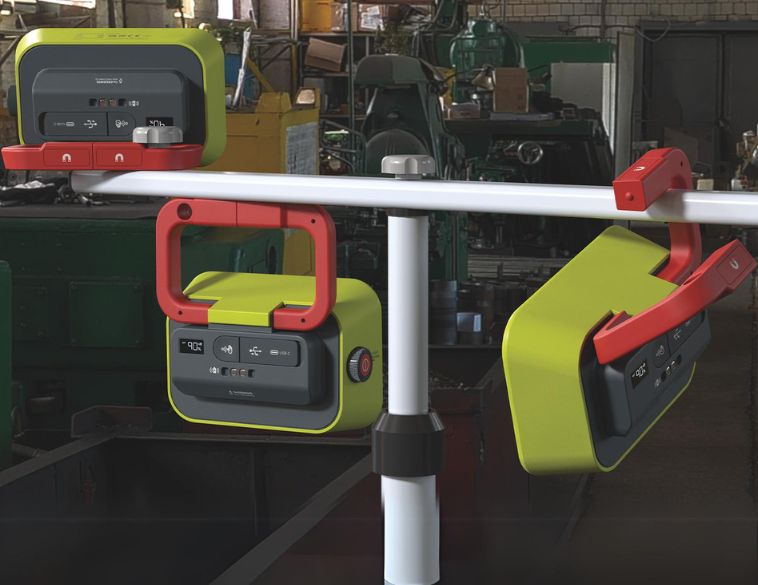The issue of staff shortages constantly comes up in our discussions with representatives of companies in the automotive sector accross Canada.
We need to keep our workshops, distributors and parts shops on their toes. At the time of writing, the joint committees are reviewing the decrees governing the hourly rates for qualified technicians. There should be no major surprises this year, as the market has been under upward pressure for a long time.
We know that more people are retiring from our industry than are joining it. In a context where there is less labour available, managers in the automotive maintenance and repair sector have to innovate and make themselves more attractive.
The challenge for SMEs
Obviously, our business relies heavily on small and medium-sized enterprises, especially when it comes to providing services. It’s difficult for them to offer the same conditions as large companies. However, their size can be an advantage in that they are more flexible and, above all, can capitalise on their proximity to employees as a differentiating factor.
We regularly visit schools to promote the industry to the next generation. What these potential resources want for our companies are attractive conditions: salary, benefits, flexible working hours and recognition, but above all a career plan.
To make the industry shine, we need to show these young people the full range of opportunities it has to offer.
Managing hourly rates
Those who argue that improved terms and conditions are putting pressure on profitability need to understand that they are in control of one of their companies’ most important revenue streams, the hourly rate charged to consumers.
The strategy of workshops in the car maintenance and repair sector has always been to offer professional, quality services at lower prices than dealers. Certainly, but my response to this legitimate observation is that there is a margin and that consumers understand that with the technological advances in the car industry, they need qualified and equipped personnel to look after their cars.
What’s more, finding and keeping employees also depends on small gestures, accessible to all sizes of company, based on listening and a spirit of proximity.
Mathieu Côté, Managing Director of Pièces d’auto Alain Côté, is a good example of this approach. “Yes, we have to be competitive with our working conditions in the market. However, we also need to focus on our current employees. They need to feel that they have an impact on the company and never hesitate to say thank you. The reality is that our employees are our promoters and if they like their workplace, they will attract new workers as well as solidifying their own commitment. We’re seeing shops and shops getting more creative about this and that’s great news for our sector.”




